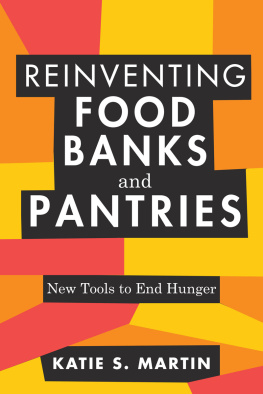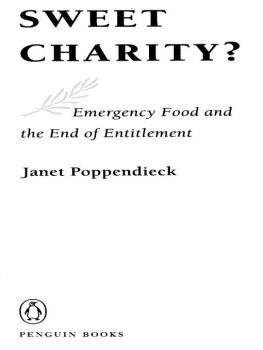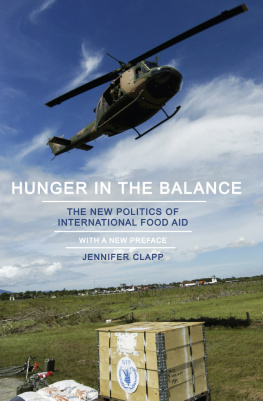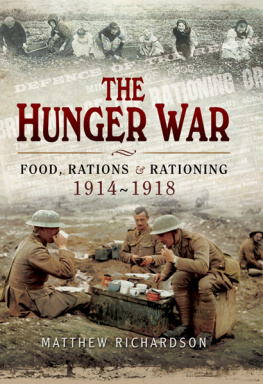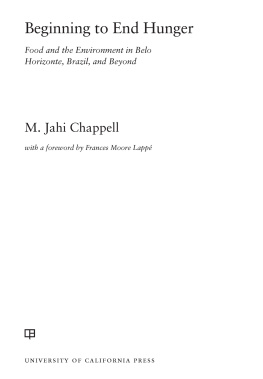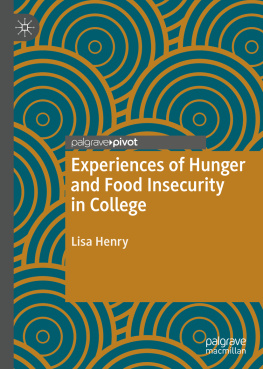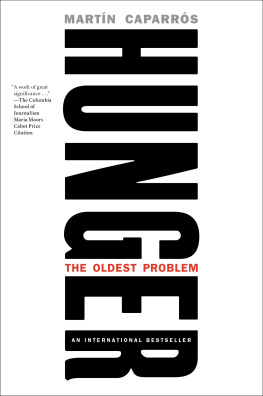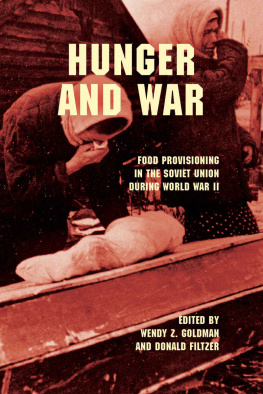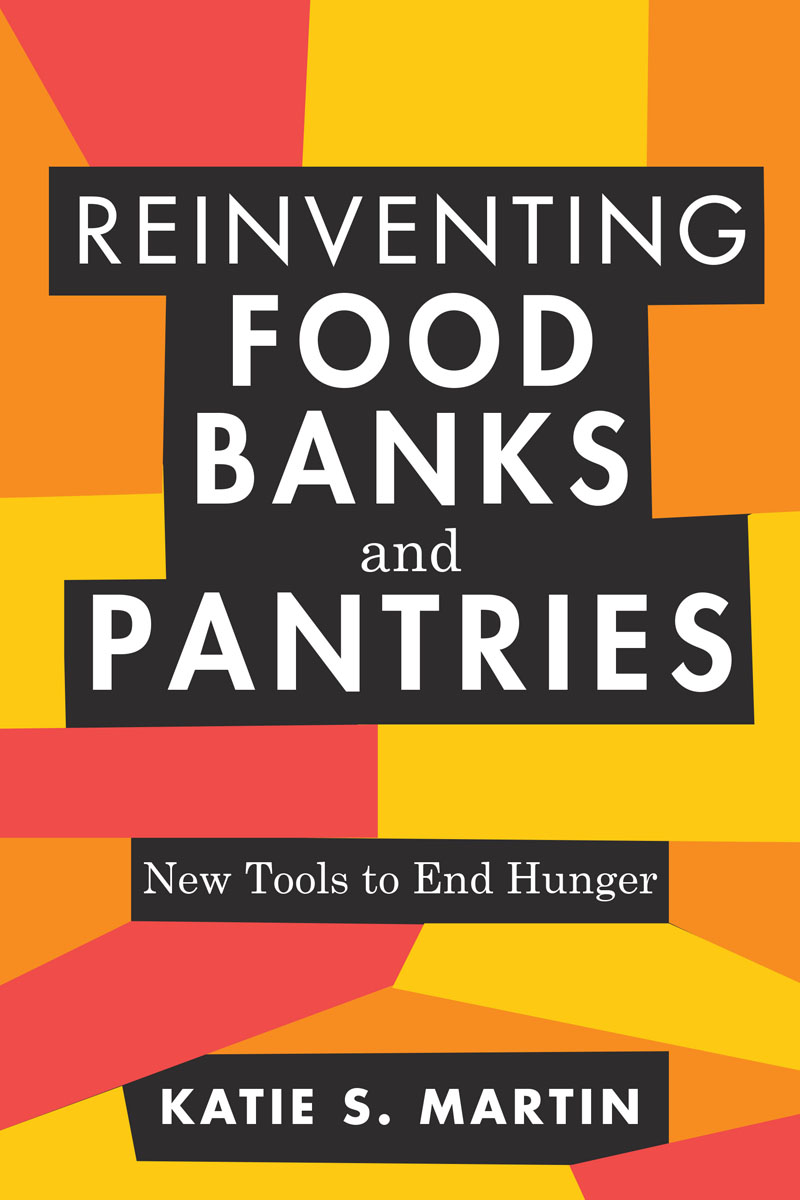
About Island Press
Since 1984, the nonprofit organization Island Press has been stimulating, shaping, and communicating ideas that are essential for solving environmental problems worldwide. With more than 1,000 titles in print and some 30 new releases each year, we are the nations leading publisher on environmental issues. We identify innovative thinkers and emerging trends in the environmental field. We work with world-renowned experts and authors to develop cross-disciplinary solutions to environmental challenges.
Island Press designs and executes educational campaigns, in conjunction with our authors, to communicate their critical messages in print, in person, and online using the latest technologies, innovative programs, and the media. Our goal is to reach targeted audiencesscientists, policy makers, environmental advocates, urban planners, the media, and concerned citizenswith information that can be used to create the framework for long-term ecological health and human well-being.
Island Press gratefully acknowledges major support from The Bobolink Foundation, Caldera Foundation, The Curtis and Edith Munson Foundation, The Forrest C. and Frances H. Lattner Foundation, The JPB Foundation, The Kresge Foundation, The Summit Charitable Foundation, Inc., and many other generous organizations and individuals.
The opinions expressed in this book are those of the author(s) and do not necessarily reflect the views of our supporters.

Island Presss mission is to provide the best ideas and information to those seeking to understand and protect the environment and create solutions to its complex problems. Click here to get our newsletter for the latest news on authors, events, and free book giveaways.

2021 Katie S. Martin
All rights reserved under International and Pan-American Copyright Conventions. No part of this book may be reproduced in any form or by any means without permission in writing from the publisher: Island Press, 2000 M Street, NW, Suite 650, Washington, DC 20036
Library of Congress Control Number: 2020944714
All Island Press books are printed on environmentally responsible materials.
Manufactured in the United States of America
10 9 8 7 6 5 4 3 2 1
Keywords: charitable food, client choice, diabetes prevention, emergency food, food assistance, food hubs, food pantry, food security, hunger, hunger-relief organizations, job training, nutrition education, SNAP, working poor, wraparound services
To Chris,
Thank you for sharing this vision and journey with me. You make me a better person and you made this book better with your thoughtful suggestions.
Contents
Preface
The director of the Kelly Memorial Food Pantry in El Paso, Texas, was seeing the same clients come routinely to the pantry and was looking for a new approach to help families in more meaningful ways. She heard about an innovative food pantry called Freshplace in Hartford, Connecticut, and the board of directors reached out to me to learn more. I started collaborating with the wonderful staff, board of directors, and volunteers at Kelly Memorial to describe a different approach to treating the problem of hunger.
I described a paradigm shift away from the traditional model of handing people a bag of food to allowing clients to choose their food with dignity. I helped train coaches to provide motivation and help clients set goals for becoming food secure and self-sufficient so they wouldnt need to keep coming to get food at the pantry. I suggested ways to design their pantry to be an empowering place to provide more than just food.
The team was ready and started to make changes. They transformed the look of their pantry with a huge welcome sign, a client choice pantry, a resource center with computers and space for coaching, and additional classes. They revamped their programming to offer individualized coaching and wraparound services. They recently renamed their pantry the Kelly Center for Hunger Relief and they call their program Fresh Start. Over the course of the past few years, they have also transformed many lives. They celebrate accomplishments of their members with graduation ceremonies. One of the first graduates explained, This program not only has the heart and humility of supporting and motivating members to have a Fresh Start, more important, they guide you with love while helping you put your desires and goals of life in order. They connect you with the many services that you need for your own personal growth.
I have seen multiple food pantries make these types of comprehensive changes and the positive impact they have had on peoples lives. This type of transformative food pantry is entirely possible but not common. My motivation for writing this book is to share examples of a holistic approach to hunger, the lessons Ive learned, and practical tools to help you implement these changes in your community so we can help more people not only to be food secure but to thrive.
The Role of Food Banks and Food Pantries
For many years at Foodshare, the regional food bank where I work in Greater Hartford, Connecticut, our motto was, When hunger stops, so will we. This was intended to be inspirational and achievable, because food banks were created to be short-term, to treat an emergency situation, and then to end. Food banks were never intended to be long-term solutions. But over the past forty years, rather than closing our doors, food banks have become institutional pillars in local communities around the country. Food banks and food pantries are essential services when people fall on hard times. Foodshares new motto is, Hunger is big. Our community is bigger. We recognize that it takes a community approach to tackle hunger. Our tagline is, Were changing what it means to be a food bank. Imagine what that can look like.
Some people say that we should put food banks out of business and that food pantries are not the answer to hunger. Many have argued that the charitable food system takes the government off the hook from providing a strong and stable safety net. I understand this argument. I agree that food banks are a stark example of how our government has failed. We absolutely need a stronger and more secure federal safety net, starting with livable wages and including federal food assistance programs, affordable housing, health care, and child care.
Imagine the systemic changes we can make to promote health and financial well-being, and reduce stigma and inequities, when we collectively work together.
But heres the thing. I think those of us in the charitable food system of food banks and food pantries took ourselves off the hook too. For many years, we stood on the sidelines of policy debates and didnt pressure the government to strengthen the social safety net. For many years, we served more people, distributed more pounds of food, built bigger warehouses, and focused on feeding people today. But change is happening. Food banks and food pantries around the country are promoting equity, creating nutrition policies, advocating for federal nutrition programs, and developing paths to stability. I want to be part of the change. How about you?
Lets harness the amazing energy, talent, resources, and goodwill of this massive national network. Imagine the systemic changes we can make to promote health and financial well-being, and reduce stigma and inequities, when we collectively work together.
Next page
